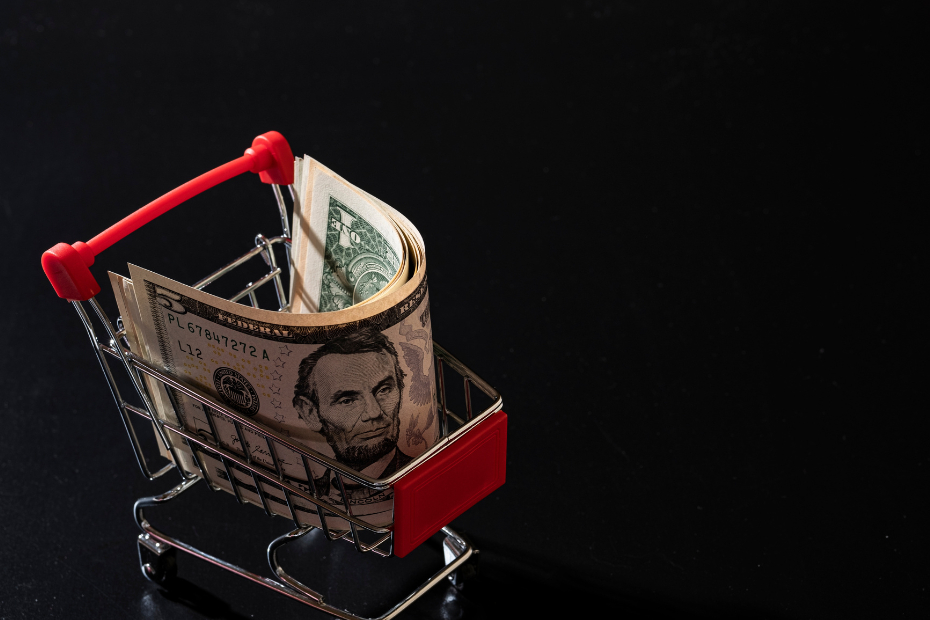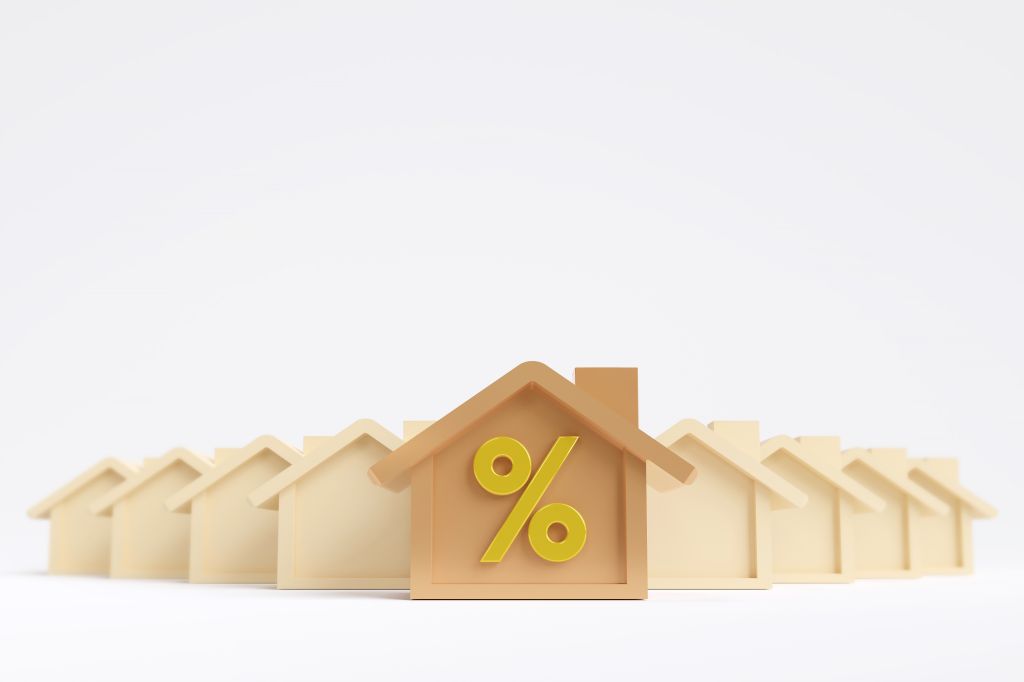Published July 13, 2023 • 5 Min Read
You’ve just spent time shopping in the U.S., ready to return to Canada. Now, you’re faced with the question all cross-border shoppers face: Will I have to pay duty or taxes on my purchases?
When you love to shop across the border, the ins-and-outs of customs, duties and taxes can seem complex. Whether you’ve taken a weekend shopping trip or bought items online from a U.S. website, knowing how much beyond the price tag you’ll need to pay can be challenging. This rundown of taxes, allowances, exemptions, and duties can offer clarity so that you can shop confidently.
U.S. sales tax explained
In the U.S., like Canada, you can expect to pay sales tax on most items you buy. But unlike Canada, tax rates vary by state. And five states (Alaska, Delaware, Montana, New Hampshire, and Oregon) don’t have state-wide sales tax. In addition to state-level sales taxes, 38 states charge local sales tax (which also varies depending on the state), and combined tax rates can range from 0 per cent to 9.55 per cent. As you plan your shopping trip, it’s a good idea to understand the tax rates in your destination and budget accordingly.
Duty-free allowances
A duty is a fee the government charges on some goods when they enter Canada. Based on the time you spend outside the country, you may qualify for a personal exemption that allows you to bring items of a certain value into Canada without paying duty and taxes.
If you’ve travelled between Canada and the U.S. before, you know you will be asked about the value and type of goods purchased when you cross the border. And if you’ve ever stood in the customs line adding up your purchases and calculating how they stack up against your personal exemption limits, you’re far from alone.
Here’s an overview of what you can bring home to Canada without paying duties.
-
If you’ve been in the U.S. for less than 24 hours: Cross-border shoppers have no personal exemptions. You’ll have to pay duty on any purchases you bring back.
-
If you’ve been gone 24 – 48 hours: You can claim goods of up to C$200 without paying any duty and taxes, and you must have the goods with you when you enter Canada.
-
If you’ve been away 48 hours or more: You can claim goods worth up to C$800 without paying any duty and taxes, and you must have the goods with you when you enter Canada.
-
If you’ve been away seven days or more: You can claim goods worth up to CAN$800 without paying any duty and taxes. The goods you’re claiming can arrive later, but any tobacco or alcoholic beverages you’re bringing back must be with you.
-
If you exceed the personal exemption: you’ll have to pay duty and/or taxes. The amount varies by the type of goods and where you live. This duty and tax estimator can give you an idea of what you can expect to pay.
Unaccompanied goods
Not everything you purchase in the U.S. is practical to bring back in your luggage — you may instead decide to ship an item to arrive home after your return. There are a few rules around unaccompanied goods, including:
-
You have 40 days from the date of your return to Canada to claim the items you have shipped
-
The good(s) mailed to Canada must qualify for the 7-day personal exemption
-
The shipment must not contain alcohol or tobacco products
-
When you return to Canada, you must tell a border services officer that you have shipped goods that aren’t with you
You’ll need to fill out a small amount of paperwork, which will help determine if there’s any duty or tax you’ll have to pay. The Canada Border Services Agency offers more details.
Buying online from a U.S. store
Buying something from a U.S. website and shipping it to your Canadian address? You may have to pay taxes or duty on that purchase. Here’s the lowdown:
If shipments are under the duty threshold (C$20), they can be imported duty-free, yet most goods valued under C$40 and shipped via courier from the U.S. can be imported free of duty and taxes. Most goods valued under C$150 can be imported duty-free but are subject to federal and provincial taxes.
But wait — there’s another exemption! If the item you’re shipping is valued under $3,300 and was made in the U.S. or Canada, you’ll be exempt from paying duty. A certificate of origin needs to be included with the shipment.
Tips to keep in mind
The world of taxes and duties isn’t easy to navigate, so here are some basic tips to remember:
-
Declare all your purchases. You don’t want to get caught holding back items — that can be embarrassing and costly as your undeclared items could be seized, and you may have to pay a hefty penalty to get them back. The border services agent can calculate any duty or taxes you must pay, so you don’t need to figure it out yourself.
-
Keep your receipts. You may need to show them at the border.
-
There are distinct rules for bringing tobacco and alcohol into Canada from the U.S. Review the exemption guide to learn what you can bring back.
The U.S. has some of the best shopping in the world — and being just across the border, it’s a great destination to find deals and items you can’t get in Canada. Just be sure to understand the basics of duties and taxes so you don’t face any surprises upon your return home.
This article is intended as general information only and is not to be relied upon as constituting legal, financial or other professional advice. A professional advisor should be consulted regarding your specific situation. Information presented is believed to be factual and up-to-date but we do not guarantee its accuracy and it should not be regarded as a complete analysis of the subjects discussed. All expressions of opinion reflect the judgment of the authors as of the date of publication and are subject to change. No endorsement of any third parties or their advice, opinions, information, products or services is expressly given or implied by Royal Bank of Canada or any of its affiliates.
Share This Article






